The British Vehicle Rental and Leasing Association (BVRLA) has welcomed the Mayor of London’s plans for an Ultra-Low Emission Zone (ULEZ) in the capital.
BVRLA chief executive Gerry Keaney said: “London has to clean up its act, and the Mayor’s proposals for an Ultra-Low Emission Zone by 2020 will make a massive contribution.”
Under the current proposals, which are still subject to a full consultation, drivers of older diesel and petrol vehicles would be subject to a ULEZ charge on top of the congestion charge to travel in central London.
Petrol and diesel vehicles would need to meet the Euro 4 petrol or Euro 6 diesel standards respectively to be exempt from the proposed ULEZ charge.
Fleet News first revealed the Mayor's plans for an Ultra-Low Emission Zone (ULEZ) in April.
Keaney added: “Diesel vehicles are popular because they have provided millions of consumers and businesses with fuel-efficient motoring.
“Unfortunately, diesel particulate filters are not as effective in congested, slow-moving urban traffic, but the new Euro 6 diesel engine standard will address this issue.”
Diana Raine, European business manager at Hydrogen Energy Systems at Air Products, also welcomed the ULEZ plan.
She said: “This manifesto will be key in encouraging the use of cleaner, greener fuels to reduce air pollution and protect the nation’s health.
“Hydrogen-powered vehicles emit only water at the point of use, and the technology is proven and ready to be used now.
"It is not a fuel of the future, it is a fuel for today and, with the right support, it has the potential to de-carbonise the transport sector, with little sacrifice to transport performance.
“Forecasts by UK H2Mobility show that a mix of hydrogen production methods can deliver hydrogen to the driver at a cost competitive with diesel, yet with 60% lower CO2 emissions in 2020, 75% lower in 2030 and on a path to zero-carbon by 2050, making it the ideal replacement.
“We are already developing a network of SmartFuel hydrogen fuelling stations across the capital as we prepare for the arrival in the UK of commercially available hydrogen vehicles.
“In time, these stations will be connected to other clusters strategically deployed around the country, in order to provide national infrastructure coverage.
“However, for the transition from current transport technology to low-emission alternatives such as hydrogen fuel cell vehicles to become a reality, the Government must commit to further investment - not only for the vehicles themselves, but for the fuelling infrastructure that will support their rollout.”
However, the move has been criticized by FairFuel UK.
Campaigner Quentin Wilson said: "There's a new move to tax all diesel vehicles £10 to enter London, by Boris Johnson.
“This is totally unfair, already diesel is the most expensive fuel and UK is the only country in EU to price it higher than petrol. So diesel drivers and commercial hauliers are consequently already penalised with higher prices and duty taxation.
“The Government in 2001 praised diesel as the future fuel of choice, Ministers effectively pushed up diesel car sales with co2 related VED bands as incentives to change. So don't pick on the motorist, Mr Johnson. You can't now penalise drivers for trying to do the right thing."








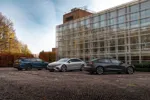



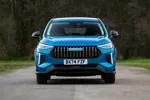
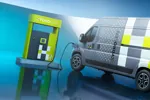
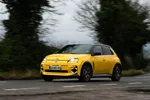

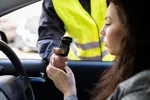
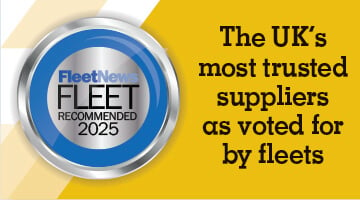

Buckets - 30/07/2014 12:33
How does the most common form of traffic in London (cab and bus) comply to Euro6? If they are exempt from £10 charge there is no incentive to change the vehicles and cabbies will not want to refresh their fleets early. If hackney and bus licensing is on a "new vehicles/refreshed licenses" must be Euro6 compliant basis, then there might be a long term solution. What happens to redundant vehicles? Will they recover RV's? Will hydrogen/battery plug-in hybrids be able to offer the operating cycles demanded from them?